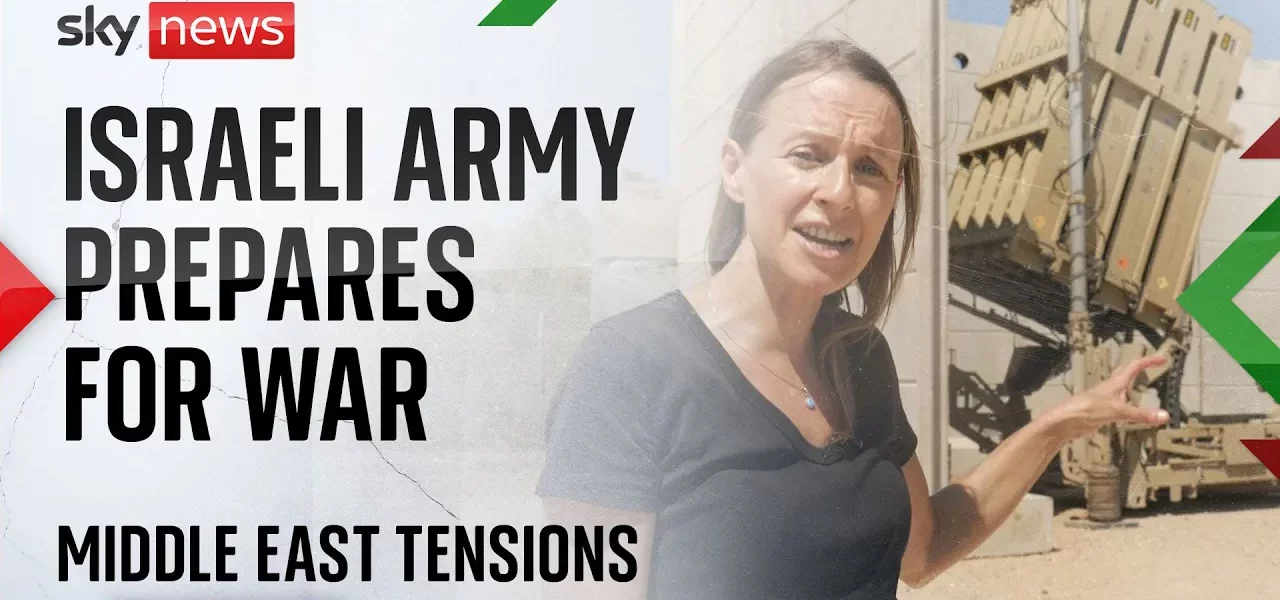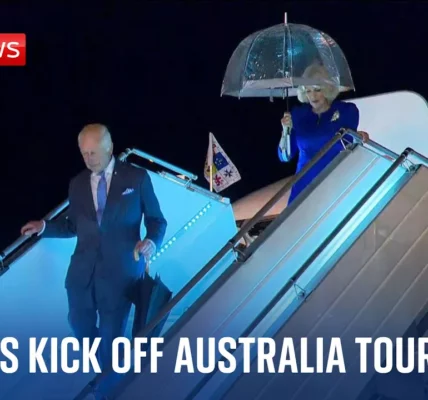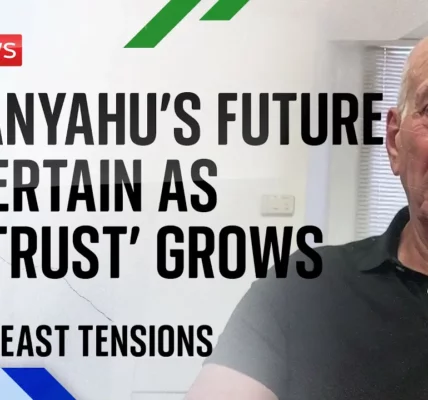Israel’s Military Chief Prepares for Possible Ground Invasion of Lebanon

This article provides a comprehensive analysis of Israel’s military preparations for a potential ground invasion of Lebanon amidst escalating tensions with Hezbollah and Iranian involvement. As air strikes intensify, key military strategies and regional implications are explored.
Introduction
In the wake of increasing military tensions between Israel and Hezbollah, Israel’s military Chief has been preparing troops for a possible ground invasion of Lebanon. This escalation comes after days of significant air strikes aimed at dismantling Hezbollah’s capabilities. The situation is complex, involving not just local military strategies but also the geopolitical dynamics of Iran’s influence in the region. This article delves into the primary factors driving this conflict, the military strategies employed by Israel, and the implications of a potential ground invasion.
Military Preparations and Strategies
Israel’s military preparations reflect a strategic intent to neutralize threats posed by Hezbollah. The following points highlight key aspects of these preparations:
- Ground Invasion Plans: The Chief of Staff has indicated a clear objective: to decisively destroy Hezbollah’s infrastructure.
- Air Strikes: Continuous air strikes have been conducted to weaken Hezbollah’s operational capabilities before any ground actions are taken.
- Troop Mobilization: Troops are being mobilized in anticipation of a ground invasion, which indicates a serious commitment to escalating military actions.
Hezbollah’s Response and Regional Dynamics
Hezbollah’s response to Israel’s military actions is critical in understanding the potential for escalation in this conflict. Below are key points regarding their actions and alliances:
Escalation by Hezbollah
Backed by Iran, Hezbollah has shown signs of escalating its military posture:
- Missile Attacks: Notably, Hezbollah launched its first missile toward Tel Aviv, which Israeli air defenses successfully intercepted.
- Provocations: The missile attack signifies a provocative stance, potentially aimed at demonstrating their capability and resolve.
Iran’s Role
Iran’s involvement in this conflict adds another layer of complexity:
- Support for Hezbollah: Iran continues to provide military support to Hezbollah, but analysts suggest that they do not seek a full-scale war.
- Regional Consequences: Both Iran and Hezbollah are aware that a broader conflict could lead to severe repercussions, including destruction within Lebanon.
Public Sentiment and Civilian Impact
The civilian population in Israel, particularly in the northern regions, is acutely affected by the ongoing conflict. Their experiences highlight the human cost of military actions:
- Air Raid Sirens: Residents have reported hearing air raid sirens, leading to moments of panic and fear.
- Resilience Amidst Fear: Despite the threats, many citizens express a sense of resignation, accepting the cycle of violence as a part of life in the region.
Conclusion
As Israel prepares for a potential ground invasion of Lebanon following a series of air strikes, the situation remains fraught with tension and uncertainty. The military strategies employed by Israel, the responses from Hezbollah, and the overarching influence of Iran create a complex web of conflict that could lead to broader regional implications. It is crucial for the international community to monitor these developments closely. For those interested in understanding the ongoing dynamics of the Middle East, further reading on the implications of military conflicts in the region is recommended. Stay informed and engaged as this situation unfolds.
“`




